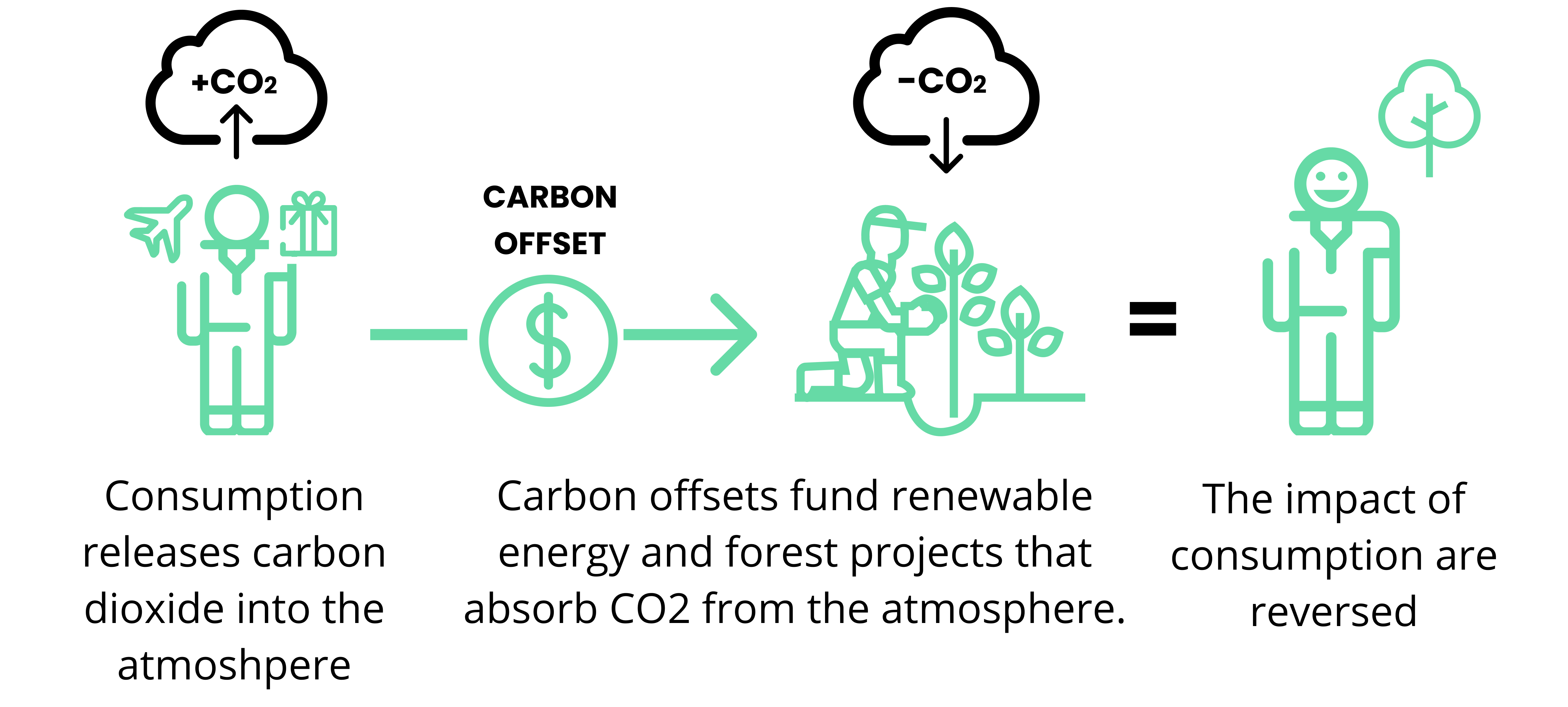How to Travel Carbon Neutral
Worried about your carbon footprint from flying? That is a valid concern considering global air travel causes approximately 2% of the world’s carbon emissions.
How? Flying produces greenhouse gases from burning fuel, mainly carbon dioxide (CO2). This gas then contributes to global warming when released into the atmosphere.
Many airlines are working on alternative aviation biofuels in an effort to develop a renewable option to eliminate air travel emissions. Until these alternative fuels become viable, offsetting your emissions from air travel is the best way to eliminate the negative impact.
1. Travel Light
It’s simple – the heavier the plane, the more fuel consumption! You’re just going to need your bathing suit anyways, so pack light.
2. Take the Most Direct Route
Planes consume the most fuel during takeoff and landing, so taking the most direct route will help reduce your footprint. For help with this, give us a shout – we are highly skilled at navigating the complicated flight plans to get to the British Virgin Islands! It’s not always easy getting here, but it is so worth it to enjoy this paradise.
3. Offset your flight
Offsetting is a mechanism that allows you to address your environmental impact from flying. Carbon offsets are designed to help mitigate the emissions associated with air travel with another activity elsewhere that avoids or reduces an equivalent amount of emissions. For example, the impact of greenhouse gases (GHGs) associated with a flight from Toronto to the BVI may be neutralized by preventing the release of an equivalent amount of GHGs through the implementation of a renewable energy or energy efficiency project elsewhere in the world.

There are many certified carbon offsetters you can use, here are a few that we recommend:
- Offsetters, a Vancouver, BC based company
- Less Emissions – the official offset provider of Air Canada
4. Avoid Food + Water Waste
Bring a reusable water bottle! There is a tap on the boat dedicated to fresh drinking water, so you will never go thirsty or have a need for bottled water. We also compost all our food waste and do our best to only buy recyclable packaging and bring our own reusable shopping bags when grocery shopping.
By: Sasha R – January 19, 2020
